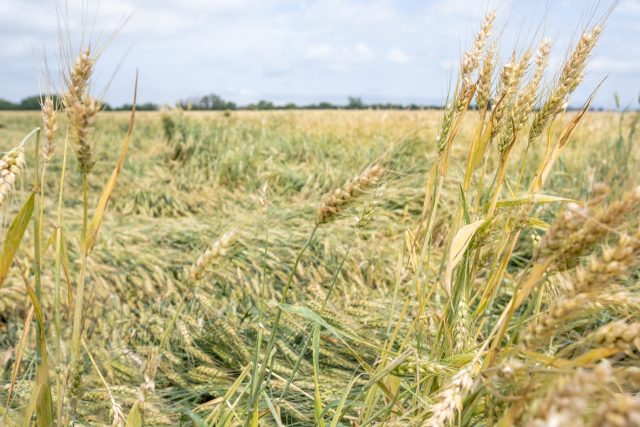Climate change and biodiversity loss in brewing to be assessed
The impact of climate on brewing is due to be assessed in new research led the British Beer and Pub Association (BBPA) and Zero Carbon Forum.

The study, which will look into biodiversity loss affecting brewing supply chains, will be supported by a research grant from the Brewers’ Research and Education Fund (BREF), in a bid to support the brewing sector in both its immediate and long term future.
Changeable weather patterns are affecting the production of barley after the relentless rain in the UK’s winter and spring is being mooted as a factor for pushing up beer prices, while hop growing regions are also having to find new strategies to sustain what they produce for breweries due to climate change.
All of this is having a detrimental impact on UK supply chains and so the funding will look at the risk factors through scientific research and modelling across geographies, timelines, and different global warming scenarios, and to identify effective measures to mitigate them.
Mark Chapman, founder and CEO of Zero Carbon Forum revealed via sustainability expert forum Foodservice Footprint that “the brewing and hospitality industry is under immense pressure” and admitted that the grant will assist in being able to “complete the final stages of our brewing risk and resilience study”.
Partner Content
In the first phase of the three-phase study, Zero Carbon Forum and the BBPA reportedly engaged 21 major brewers and pubs to understand what the industry believes to be the most significant climate risks to their business.
According to reports, the findings revealed that brewers are primarily concerned about the critical impact of climate change on their supply chains.
Back in 2022, the two organisations launched a roadmap which was specifically designed for the brewing sector and provided support and guidance to British breweries to help each of them reach their individual emission reduction targets.
Last year, Asahi warned that warmer temperatures hitting barley and hop supplies around the world could pose a risk of beer shortages. To avoid issues across the sector, db looked into how the industry was responding and noted how new varieties of organic hops resilient to climate change were being trialled in East Sussex and Worcestershire after it had been flagged how European aroma hops were facing challenges that would impact on the flavour of beer in years to come.
Related news
Scientists find smartphones can detect off-flavours in beer
Why indie beer is fighting for ‘survival’ against global breweries




